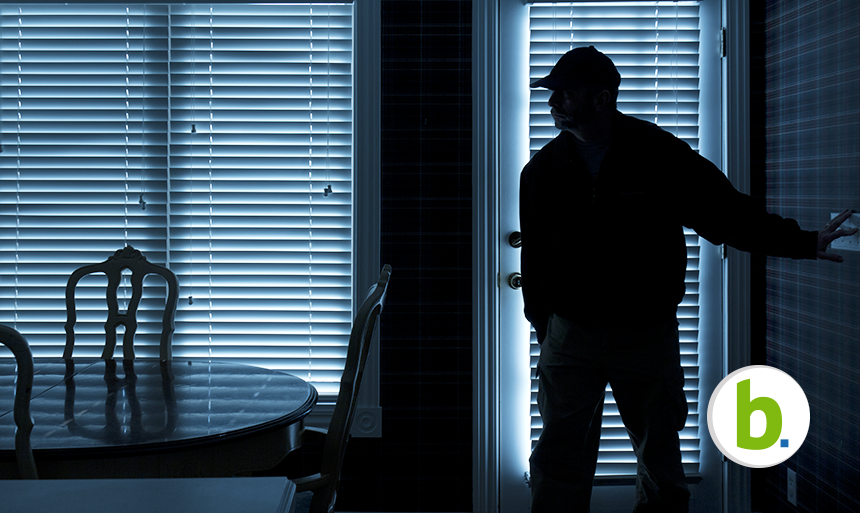The rolling blackouts of 2015 may seem like a distant memory for many South Africans, but the recent bouts of load-shedding have brought the disruptions starkly back into the spotlight. Aside from the inconvenience and cost implications, power outages have a darker side.
SECURITY
When electricity is switched off, lights go out and alarms go down, making homes easier targets for criminals. Alarm batteries should power the security system for about eight hours, or until the electricity comes back on, according to Star Alarms. However, batteries are not built for frequent and long-term dependency, which causes their lifespan to shorten.
What to do: Batteries older than a year should be replaced, while the entire system should be serviced annually and the alarm tested regularly. Instal solar-powered lights in the garden to illuminate the area around your home.
TRAFFIC
City roads get congested during peak hour traffic and this is exacerbated during load-shedding. The extra hours make people impatient and frustrated, which can lead to an increase in car accidents. In addition, when street lights, which are an important road safety feature, aren’t working, it becomes harder and more dangerous to drive. Arrive Alive warns drivers to be more cautious of pedestrians, road hazards such as pot holes and debris, and of potential criminals hiding in the dark.
What to do: Monitor schedules for load-shedding and try to plan alternative routes and arrange to arrive or leave outside of rush hours.
APPLIANCES
Computers, TVs, coffee machines and other electronically controlled appliances could be damaged through load-shedding. When power is restored, momentary power surges may occur which can lead to sensitive electronic equipment malfunctioning.
What to do: The easiest way to protect your appliances and electrical devices is to unplug them. Sanlam recommends that you also buy a “surge protector for your electric mains board, as well as surge protector plug adaptors” to help stop the sudden flow of energy when the electricity comes back on.
FOOD
Without electricity, cooking food is a challenge, unless you use gas or a South African favourite – the braai. A further complication is that fridges and freezes are also effected and if the power is off for an extended amount of time, food starts to thaw and food safety becomes a concern.
What to do: With a load-shedding schedule you can plan meals ahead of time that are easy to reheat on a gas stove, like curries and stews. Buy smaller quantities of perishable items and don’t open the fridge or freezer unnecessarily during an outage. Eskom recommends keeping “frozen bottled water in your freezer to help keep food cold”.
SCHOOLS
The ability of a school to manage load-shedding will “vary by socio-economic status”, claims the Skills Portal, with load-shedding having a “permanent impact” on those learners, schools and higher education institutions with limited resources.
What to do: Solar power, generators, Uninterruptible Power Supply and battery banks can power essential machines, although the costs of alternative power sources can be prohibitive.
As a bsmart member you can use your bsmart card to stock up on load-shedding supplies, including candles, batteries, solar lights, blankets and tinned foods. To find the closest retailer in your area, click here.
As a bsmart member you earn cashback on your purchases, and you can choose to have this paid out annually in November. It’s also up to you how you spend your cashback, you can even donate it to a needy school that does not have the resources to buy alternative power sources. To learn more contact us or click here to sign up directly through our website.
Disclaimer: bsmart does not provide financial advice. The above article is for information purposes only, to share current economic and financial topics and trends. Please consult a suitable and qualified financial services provider if you require financial advice.

